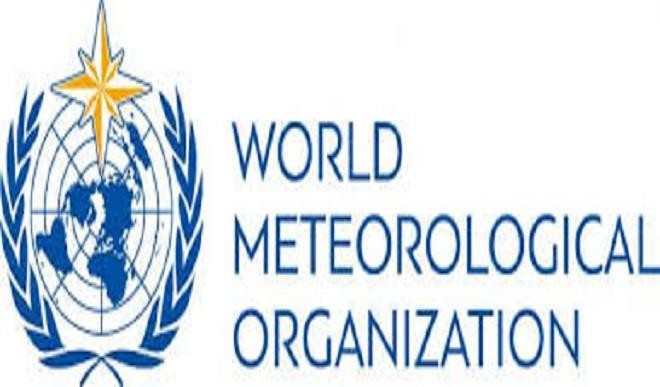2015-2018 warmest years on record says WMO
The World Meteorological Organization has said that 2015, 2016, 2017 and 2018 have been confirmed as the four warmest years on record. It said there is a clear sign of continuing long-term climate change associated with record atmospheric concentrations of greenhouse gases. A statement said a consolidated analysis by the WMO of five leading international […]

The World Meteorological Organization has said that 2015, 2016, 2017 and 2018 have been confirmed as the four warmest years on record.
It said there is a clear sign of continuing long-term climate change associated with record atmospheric concentrations of greenhouse gases.
A statement said a consolidated analysis by the WMO of five leading international datasets showed that the global average surface temperature in 2018 was approximately 1.0° Celsius (with a margin of error of ±0.13°C) above the pre-industrial baseline (1850-1900). It ranks as the fourth warmest year on record.
The year 2016, which was influenced by a strong El-Niño event, remains the warmest year on record (1.2°C above preindustrial baseline). Global average temperatures in 2017 and 2015 were both 1.1°C above pre-industrial levels.
The latter two years are virtually indistinguishable because the difference is less than one hundredth of a degree, which is less than the statistical margin of error.
“The long-term temperature trend is far more important than the ranking of individual years, and that trend is an upward one,” said WMO Secretary-General Petteri Taalas.
He said the 20 warmest years on record have been in the past 22 years and that the degree of warming during the past four years has been exceptional, both on land and in the ocean.
“Temperatures are only part of the story. Extreme and high impact weather affected many countries and millions of people, with devastating repercussions for economies and ecosystems in 2018,” he said.
Taalas maintained that many of the extreme weather events are consistent with what they expected from a changing climate, saying “This is a reality we need to face up to. Greenhouse gas emission reduction and climate adaptation measures should be a top global priority.”
The globally averaged temperature in 2018 was about 0.38°C (±0.13°C) above the 1981-2010 long-term average (estimated at 14.3°C).
This 30-year baseline is used by the National Meteorological and Hydrological Services to assess the long-term averages and inter-annual variability of key climate parameters, such as temperature, precipitation and wind, which are important for climate sensitive sectors such as water management, energy, agriculture and health.
